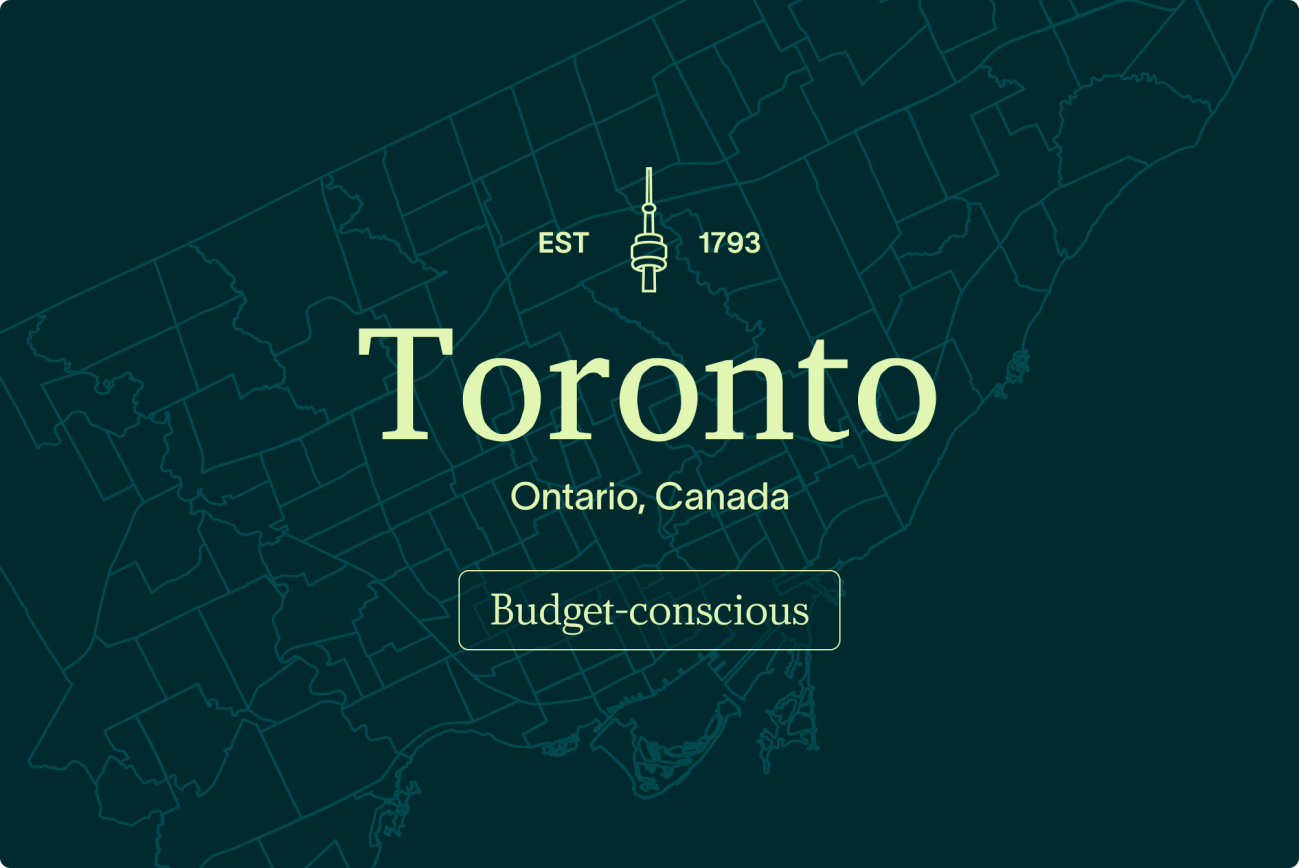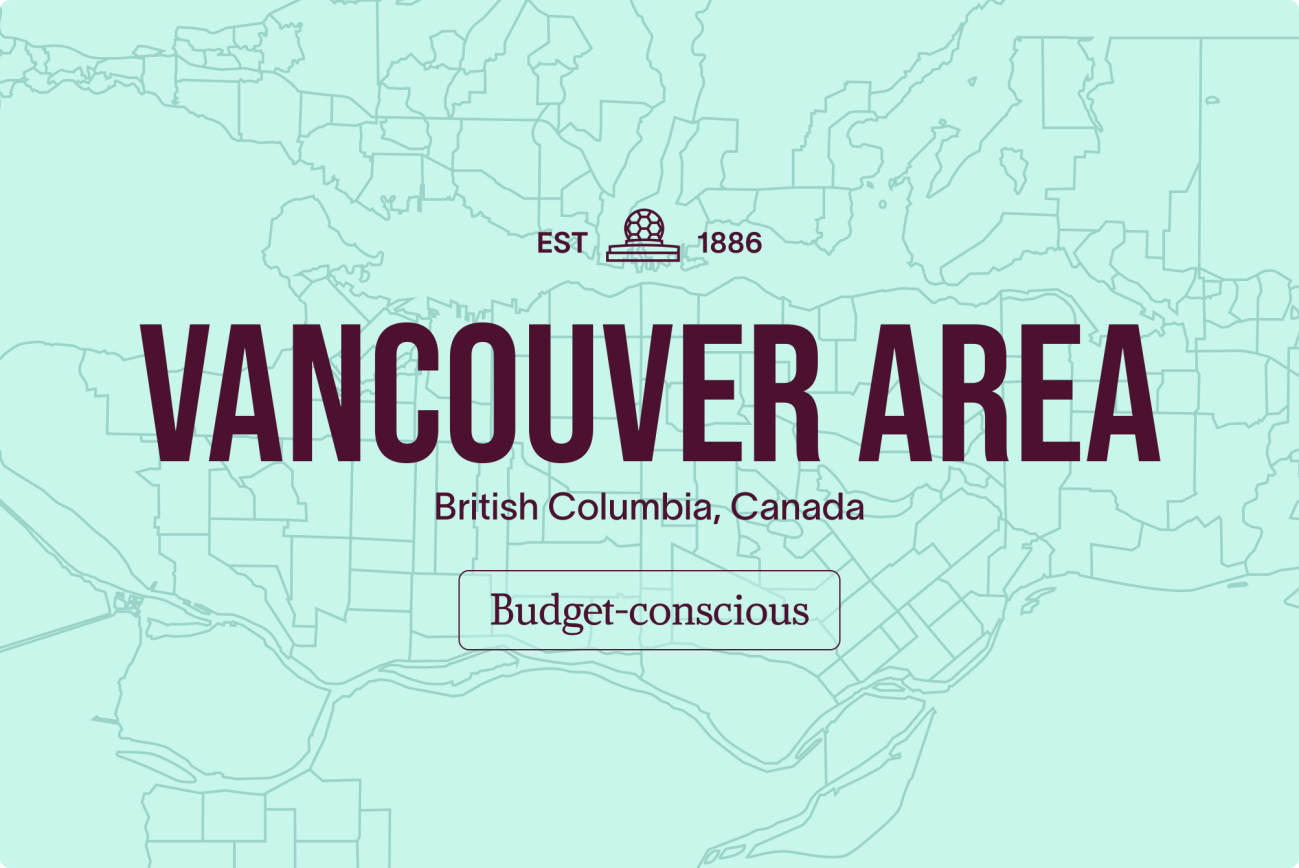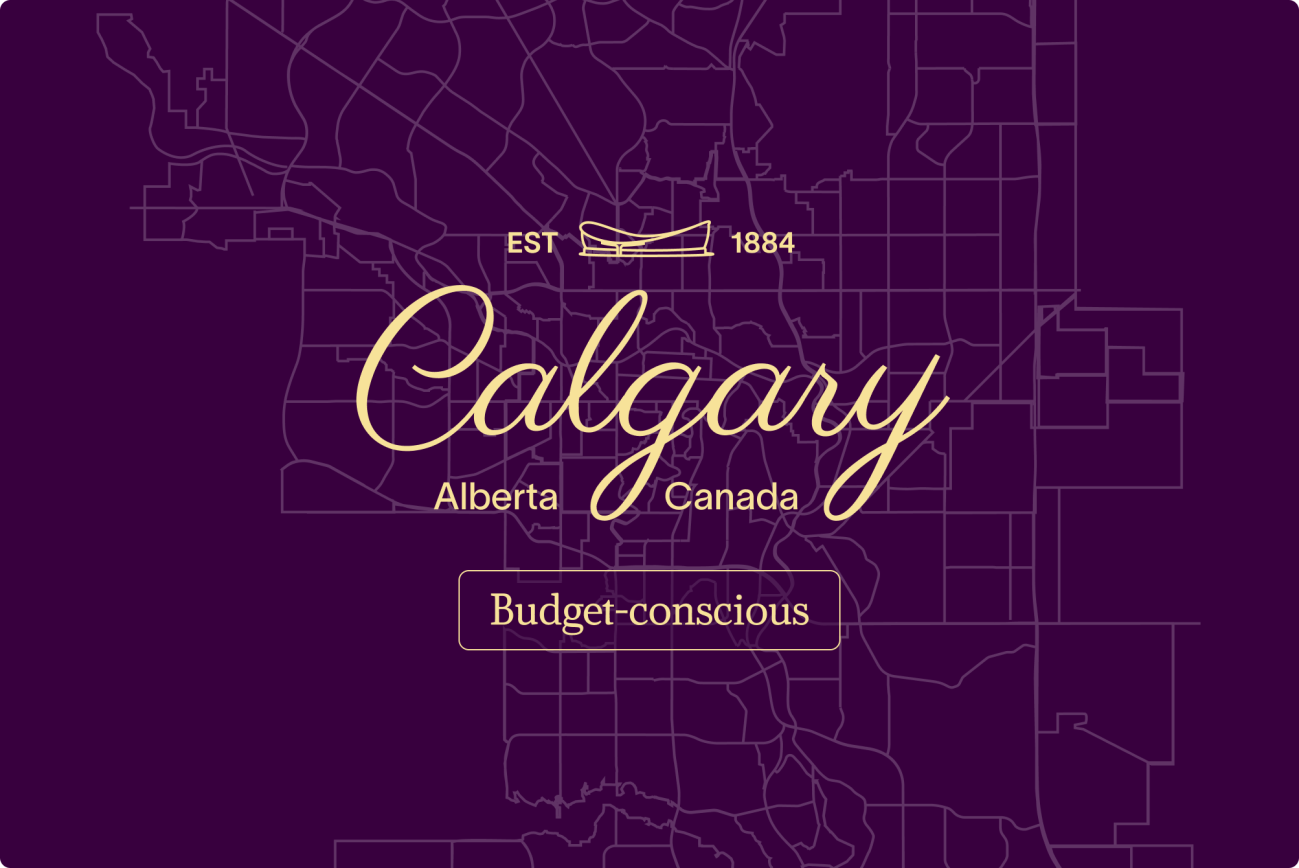According to a new report, Toronto is now the most expensive market for real estate in Canada, surpassing Vancouver for the top spot for the first time in decades.
The Royal Bank of Canada (RBC) published a report in early February 2022, examining initial data from local real estate boards. It revealed that Toronto’s benchmark price of $1.260 million overtook Vancouver’s $1.255 million in January.
Toronto—now the priciest real estate market in Canada
Toronto’s real estate market didn’t slow amid COVID-19 surges, pandemic restrictions, or a disruptive January snowstorm. While both cities’ home prices have risen in the past few years, Toronto’s benchmark price skyrocketed over the past five months. The capital city of Ontario saw an explosive 4.3% month increase, or about $52,000, in January alone.
The price surge partly derives from intense competition between homebuyers. Fierce bidding wars have catapulted prices to new heights both in the rate of increase (33.3%) and price level ($1.260 million composite MLS HPI benchmark). Overall, the Toronto area has become the priciest real estate market in Canada.
A cool-off is coming later this year
Solid demand and a shortage of supply kept homebuying conditions hot in Canada’s major markets as 2022 began. But a cool-off may be on the way—the same report predicts that while activity will stay strong in the near term, the Bank of Canada’s rate liftoff will start cooling things down later this year. The Royal Bank of Canada also believes that building material supply will increase to complete home constructions, gradually balancing out the market and moderate price appreciation. Toronto city-dwellers increasingly bought in surrounding townships like King—which saw a 66.4% median price increase—and Aurora, which saw similar growth. Duncan, British Columbia, is the smallest city by area in North America and saw 63.9% median price growth. This ripple effect is also seen outside of smaller cities like London, Ontario, where neighbouring St. Thomas saw a 54.5% median price increase in homes.
Recommendations for homebuyers in Vancouver and Toronto
If you’re in the market for a home in an expensive market like Vancouver or Toronto, it’s still possible to get an offer accepted on a property you’ll love. Purchasing a home amidst fierce competition presents extra challenges, so here are some recommendations for homebuyers in hot real estate markets:
Set realistic expectations around homebuying
To begin setting realistic goals around homebuying, you can use online tools to help calculate your financial limits. Then, decide what compromises you’re willing to make to find a more affordable property. For example, perhaps you can live further out in the suburbs if it’s near a train line to downtown. Or, maybe you don’t need a house with a big yard if a community park is within walking distance. Setting realistic boundaries for your budget and getting clear on what you’re willing to compromise on will help you avoid future bidding wars in the homebuying process.
Understand trade-offs
Scoring your ideal home may not be a realistic option in a competitive market, but you can still find the home that fits your needs and allows you to become a homeowner. Often, you can find a more realistic property in your price range if you’re able to find balance and be clear on your must-haves and nice-to-haves.
Consider approaching home shopping by thinking of ways you can clearly define the home you can afford, your dealbreakers, and the home prices in neighborhoods you’re considering before you even start attending open houses. Then, understand and weigh your trade-offs, like:
- If buying a house is outside your price range and you’re willing to live with a smaller space and potentially no yard, a condo or a townhouse could be a good option.
- Buying a home in a highly-rated school district might increase the value of your home, but it will also increase the price of your home and could affect your property taxes as well.
- Purchasing an older home that needs updates or repairs may sell for a lower list price than other properties, but renovation and maintenance costs can add up quickly.
- Buying a condo that has a homeowner’s association may help take care of your property’s upkeep, but fees can be high for common-area maintenance and administrative costs.
Consider finances early
When searching for a home in a hot market, it’s best to be financially prepared to make offers and show sellers that you’re serious. Compare mortgage interest rates from various lenders, and then get a mortgage pre-approval from two or three lenders. Especially during the pandemic, you may need to confirm you’re pre-approved to view a property in person, either because sellers are expecting multiple offers or they just want fewer people in their homes.
We may see less competition and a slowing down of market speed in certain cities and for certain property types like condos, or buildings in secondary markets that don’t have the infrastructure (schools, transportation, grocery stores, and hospitals) to support the recent spike in population. Falcomer also mentions that there’s also the possibility for the “stagnation of prices” or a small price correction in certain cities where employment and infrastructure haven’t quite caught up to the demand for housing.
Partner with a great buyer’s agent
Partnering with a knowledgeable buyer’s agent is especially essential in an expensive market. You’ll want someone who will alert you to new listings as soon as they hit the market and even go the extra mile to scour off-market opportunities. Plus, an experienced agent will know how to make your offer really stand out. Feel free to interview several agents to gauge fit, and don’t hesitate to ask for references from recent clients.
Stay informed about market moves
Staying informed about the movements of the market is critical. Implement a mixture of online reports, articles, and expert real estate agents to bring context to your homebuying journey. You can also check out the Houseful blog as a resource for homebuying checklists, market analysis, and expert advice. Before buying, ensure you’re consistently scanning real estate websites for new listings, walking around potential neighborhoods, and taking note of how long homes list for before a contract is pending. You may also want to view recently sold listings online to get an idea of how much homes are going for compared to their listing prices.
Houseful helps you navigate competitive real estate markets
Houseful helps you navigate the complexities of real estate in expensive markets with a tailored home search experience, professional support, and resources to inform your decisions.
Find more information on how to buy a home, how to sell your home, and mortgage and finance tips, see our Home Journey How-To’s or sign up at houseful.ca.
This article offers general information only and is not intended as legal, financial or other professional advice. A professional advisor should be consulted regarding your specific situation. While the information presented is believed to be factual and current, its accuracy is not guaranteed and it should not be regarded as a complete analysis of the subjects discussed. All expressions of opinion reflect the judgment of the author(s) as of the date of publication and are subject to change. No endorsement of any third parties or their advice, opinions, information, products or services is expressly given or implied by Royal Bank of Canada or its affiliates.
Browse the newest listings in your area
OJOHome Canada Ltd. (“Houseful”) is a wholly-owned subsidiary of Royal Bank of Canada
20 King Street West, 8th Floor
Toronto, ON, Canada, M5H 1C4
833-709-1946
IDX information is provided exclusively for consumers’ personal, non-commercial use and that it may not be used for any purpose other than to identify prospective properties consumers may be interested in purchasing. Information deemed reliable but not guaranteed to be accurate. Listing information updated daily.
Houseful is committed to ensuring accessibility for individuals with disabilities. We are continuously working to improve the accessibility of our web experience for everyone. We welcome feedback and accommodation requests, please submit them here.
The trademarks REALTOR®, REALTORS®, and the REALTOR® logo are controlled by The Canadian Real Estate Association (CREA) and identify real estate professionals who are members of CREA. The trademarks, Multiple Listing Service® and the associated logos are owned by CREA and identify the quality of services provided by real estate professionals who are members of CREA. Used under license.
Please use the following address to send referral payments:
Lockbox: OJOHome Canada Ltd. PO Box 9479, Stn A, Toronto, ON M5W 4E1
Lockbox Number: T09479C
® / ™ Trademark(s) of Royal Bank of Canada. Used under licence.




